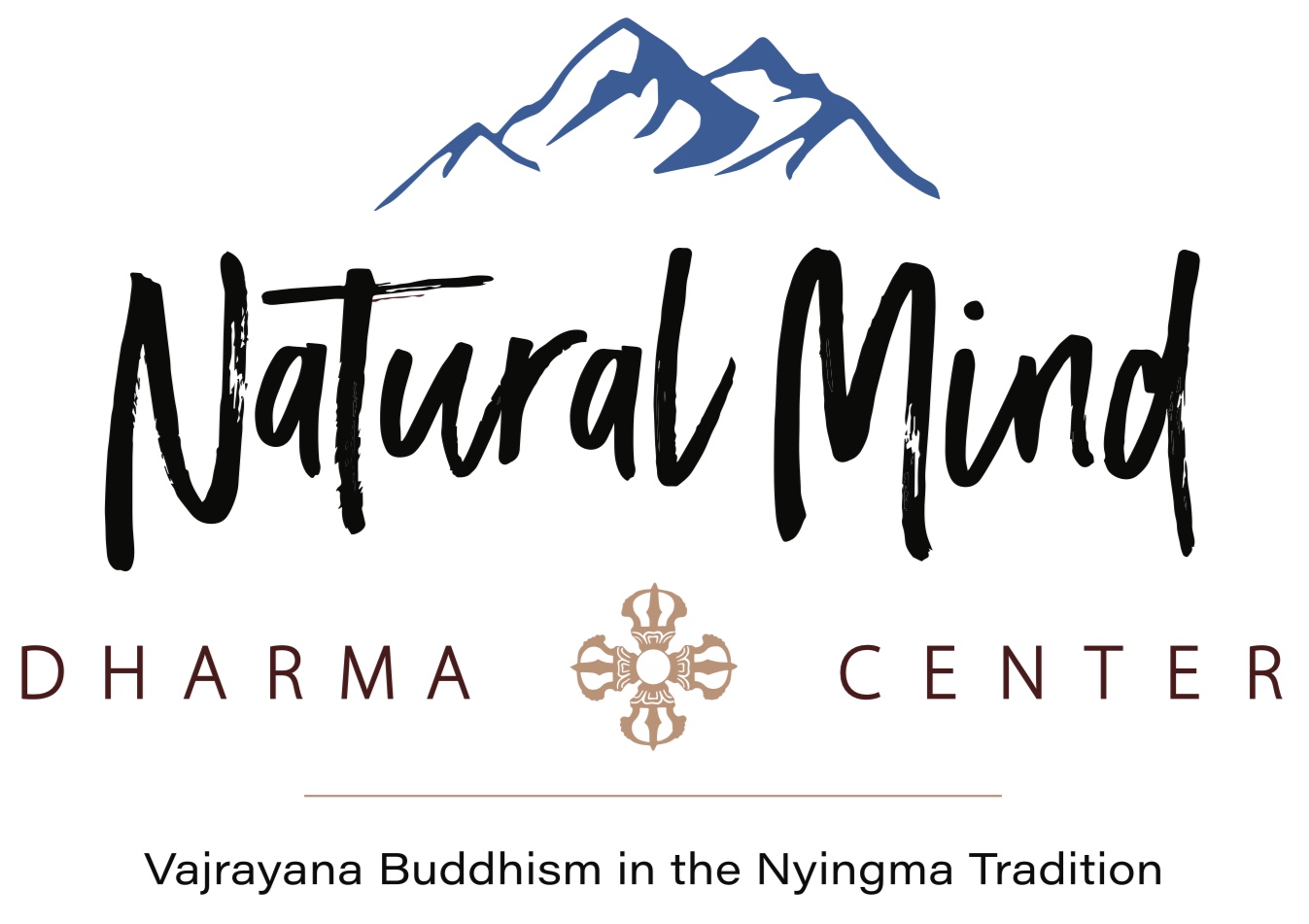Overcoming Sentient Bias
Tarn and I are overlooking a patch of rare “pitcher plants” (Darlingtonia californica) at a protected area near the Oregon coastline. These plants are also known as “cobra lilies” because of their striking resemblance to a rearing cobra about to strike. They are in a family of carnivorous plants as they can digest various insect species by trapping them in a pool of enzyme-rich liquid held within their bodies. An insect, attracted to sweet nectar, flies into the ‘mouth’ of the plant and tries to escape through one of many false openings that look like little yellow windows. The bug cannot fly away and slides down the slick sides of the tube into the digesting liquid.
I am astounded by the size of these plants. They resemble long wooden clubs, Irish shillelaghs with a curved, bulbous end protruding from the ground. They evoke images of alien species encountered in a Star Trek episode. Yet, here they are, reminders of the incredible diversity nature manifests. I often wonder why Buddhism considers sentience, which traditionally excludes plant life, as most important, when these plants appear to possess a presence akin to a living, breathing entity.
There is a growing body of scientific research suggesting that plants may experience pleasure and pain like sentient beings. I believe this is likely true because I engage in conversations with the plants in the wilderness and in our garden and can sense their happiness or unhappiness. I also view our geological and hydrological environments as life forms with earthen bodies and river arteries. Perhaps we should reconsider our understanding of sentience or, at the very least, abandon our bias that favors sentient life.
Buddha touched the ground in his awakening, and she spoke in recognition of his seeing things as they truly are. If that story assigns sentience to the earth, why would we think otherwise? Generating compassion for the life above and beneath the ground, as well as the earth itself, could aid us in making better decisions about the planet we inhabit—the very ground of our awareness.
